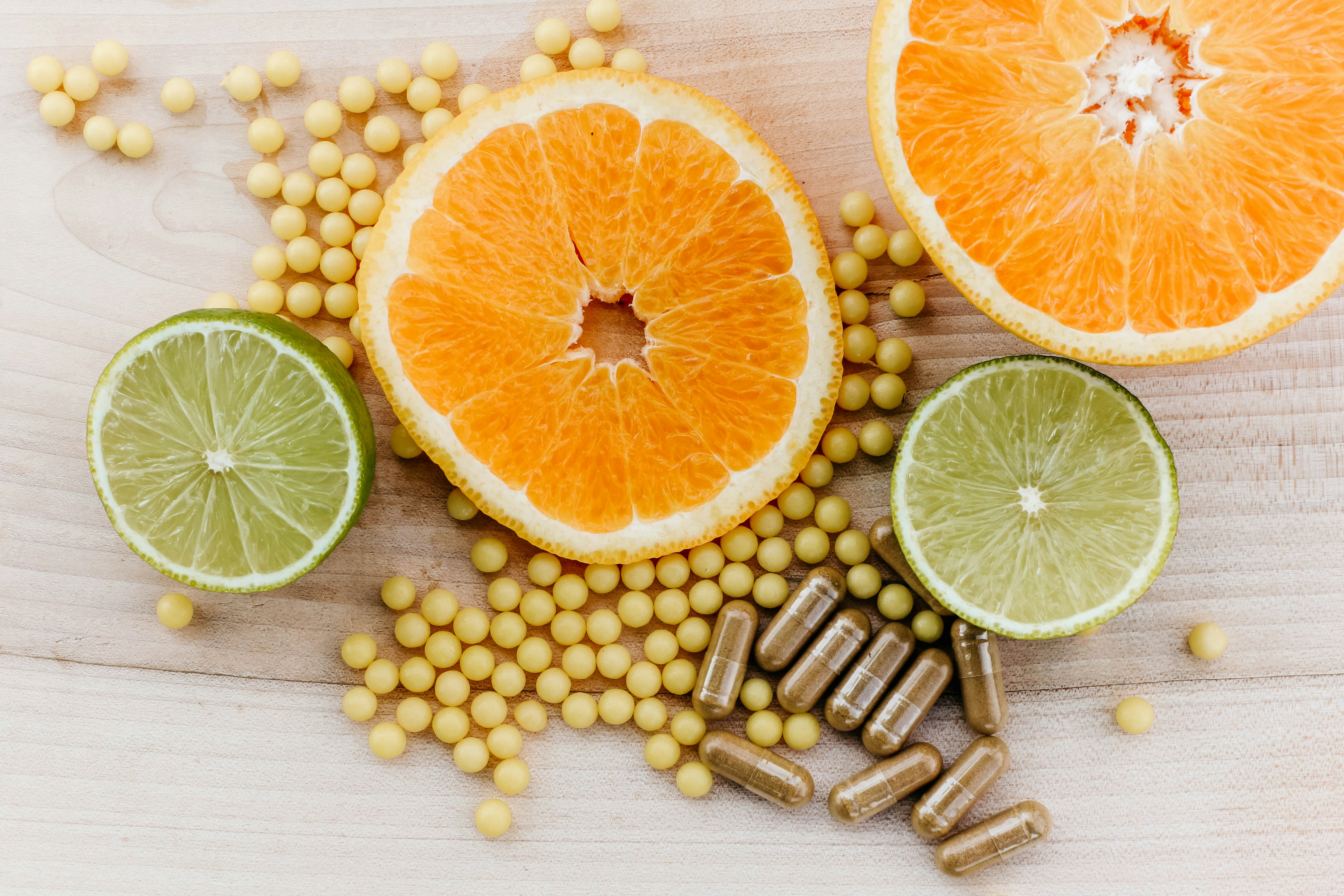
In our quest for a balanced and healthy life, the allure of natural supplements is hard to ignore. With a shift towards wellness and natural health, these supplements offer a bridge between traditional therapeutic practices and modern lifestyle needs. This article sheds light on how natural supplements can play a pivotal role in achieving a harmonious balance in our health and well-being.
The Rise of Adaptogens
For those seeking a natural aid in stress management, adaptogens represent a fascinating category of herbal supplements. These powerful herbs, including Ashwagandha, Rhodiola, and Holy Basil, have been used for centuries in Ayurvedic and Chinese medicine to help the body resist stressors of all kinds, whether physical, chemical, or biological. Their increasing popularity underscores a growing awareness and appreciation for their balancing effects on our body’s stress-response systems.
Herbal Teas: Hydration with Benefits
Beyond their soothing and calming effects, herbal teas such as green tea, chamomile, or peppermint offer health-promoting properties. They are a delicious source of hydration that can also provide antioxidants, aid digestion, and support relaxation. Integrating herbal teas into one’s daily routine is an easy and enjoyable way to enhance well-being naturally.
Understanding the importance of protein in our diet, especially in supporting muscle repair and recovery, it’s worth exploring different sources that can complement our nutritional intake. One such ingredient gaining attention is collagen peptides. Not only do they support skin elasticity and hydration, but they also play a crucial role in joint and bone health, making them a beneficial addition to a balanced diet.
Omega-3 Fatty Acids: A Cornerstone of Nutrition
Sourced from fish oil and plant sources like flaxseeds and chia seeds, Omega-3 fatty acids are essential for heart health, brain function, and reducing inflammation. Their significance in a balanced diet cannot be overstated, contributing to both physical health and mental well-being.
Probiotics: Gut Health and Beyond
Modern science continues to uncover the extensive impact of gut health on overall well-being, making probiotics a focal point of interest. These beneficial bacteria, found naturally in fermented foods like yogurt, kefir, and kimchi, support a healthy digestive system. They also play a role in enhancing immune function, a critical aspect of maintaining balance in our health.
Zinc: The Immune Booster
Another noteworthy supplement in the pursuit of balanced health is Zinc. This mineral is essential for immune system function, wound healing, DNA synthesis, and cell division. Zinc supplements can help maintain a strong immune system, especially during the colder months when common illnesses are more prevalent, serving as a steadfast support in our body’s defense system.
Curcumin: The Anti-Inflammatory Powerhouse
Curcumin, the active compound in turmeric, has garnered attention for its potent anti-inflammatory and antioxidant properties. Research suggests that curcumin can contribute to the management of oxidative and inflammatory conditions, metabolic syndrome, arthritis, anxiety, and hyperlipidemia. Its broad-reaching benefits make it a valuable addition to a natural supplement regimen focused on achieving and maintaining optimal health and balance.
Antioxidants: Fighting Free Radicals
Antioxidants are nature’s answer to combating oxidative stress caused by free radicals. With a variety of sources, including vibrant fruits and vegetables, tea, and certain herbs, antioxidants support health at the cellular level. The diverse array of antioxidants, from Vitamin C and E to flavonoids and carotenoids, underscore the richness of nature’s provisions for our health.
Vitamin D: Sunshine in a Bottle
Vitamin D, often celebrated as the ‘sunshine vitamin,’ is a crucial nutrient that supports bone health, immune function, and mood regulation. Despite its importance, a significant portion of the population suffers from Vitamin D deficiency, particularly those in colder climates with less sunlight exposure. Supplementing with Vitamin D can counteract these deficiencies, ensuring that individuals receive the recommended daily amounts necessary for optimal health.
Magnesium: The Multitasking Mineral
A glaring example of an essential nutrient that many people don’t get enough of is magnesium. This mineral is crucial for over 300 biochemical reactions in the body, including muscle and nerve function, blood glucose control, and energy production. Its role in maintaining balance is so significant that a deficiency can lead to a variety of health issues, making it a critical component of any natural supplement regime.
Conclusion
In the realm of health and wellness, natural supplements stand out as allies in our journey towards a balanced life. They bridge the gap between ancient wisdom and contemporary science, offering solutions that respect the body’s natural rhythms and needs. While the search for harmony in health is a personal and dynamic journey, incorporating a variety of these supplements, guided by knowledge and moderation, can be a vital step in enhancing our well-being without the need for commercial products. Remember, the key to a balanced life lies not just in the supplements we take, but in a holistic approach to health that includes a nutritious diet, regular exercise, and mindfulness practices.
